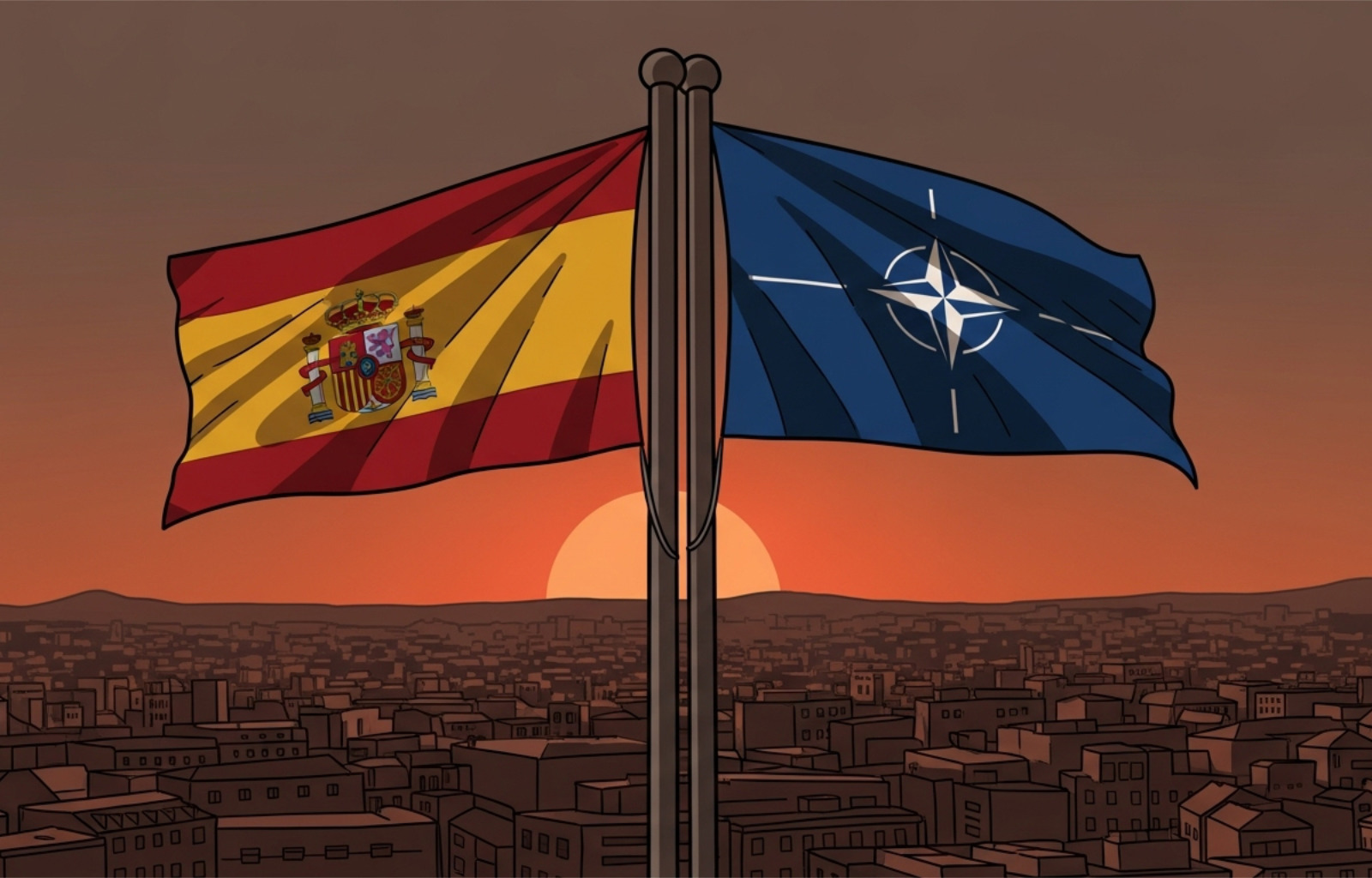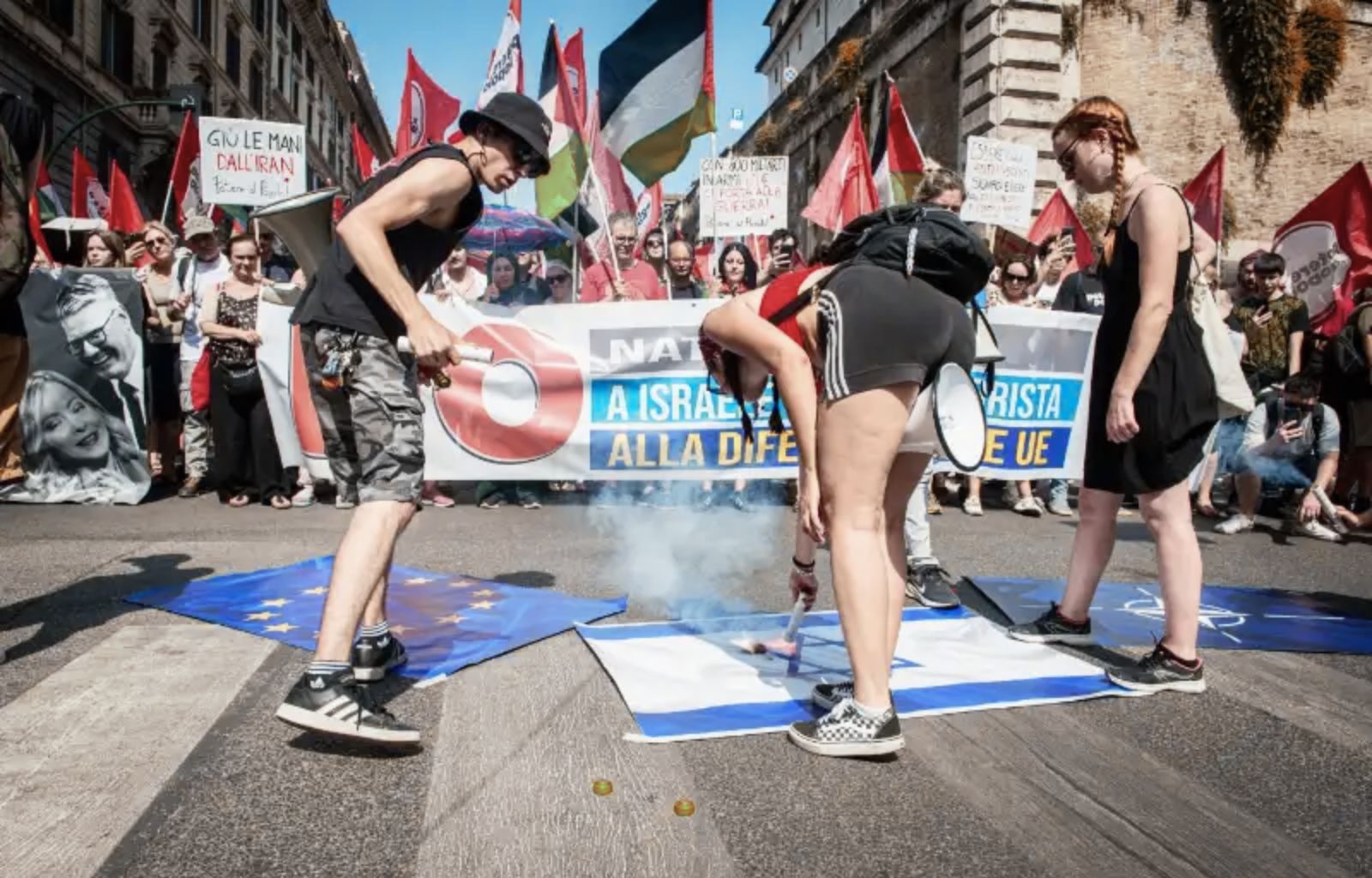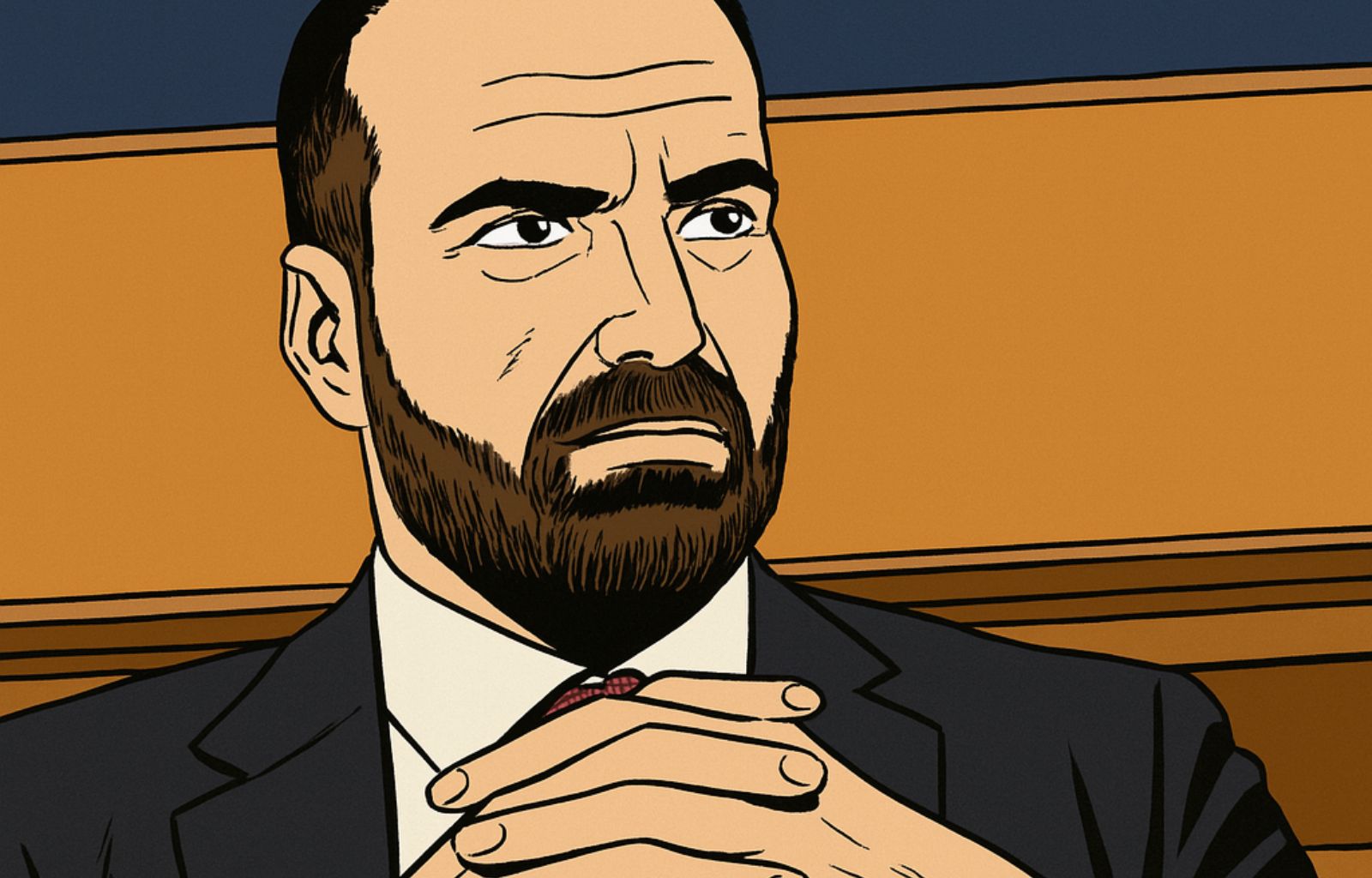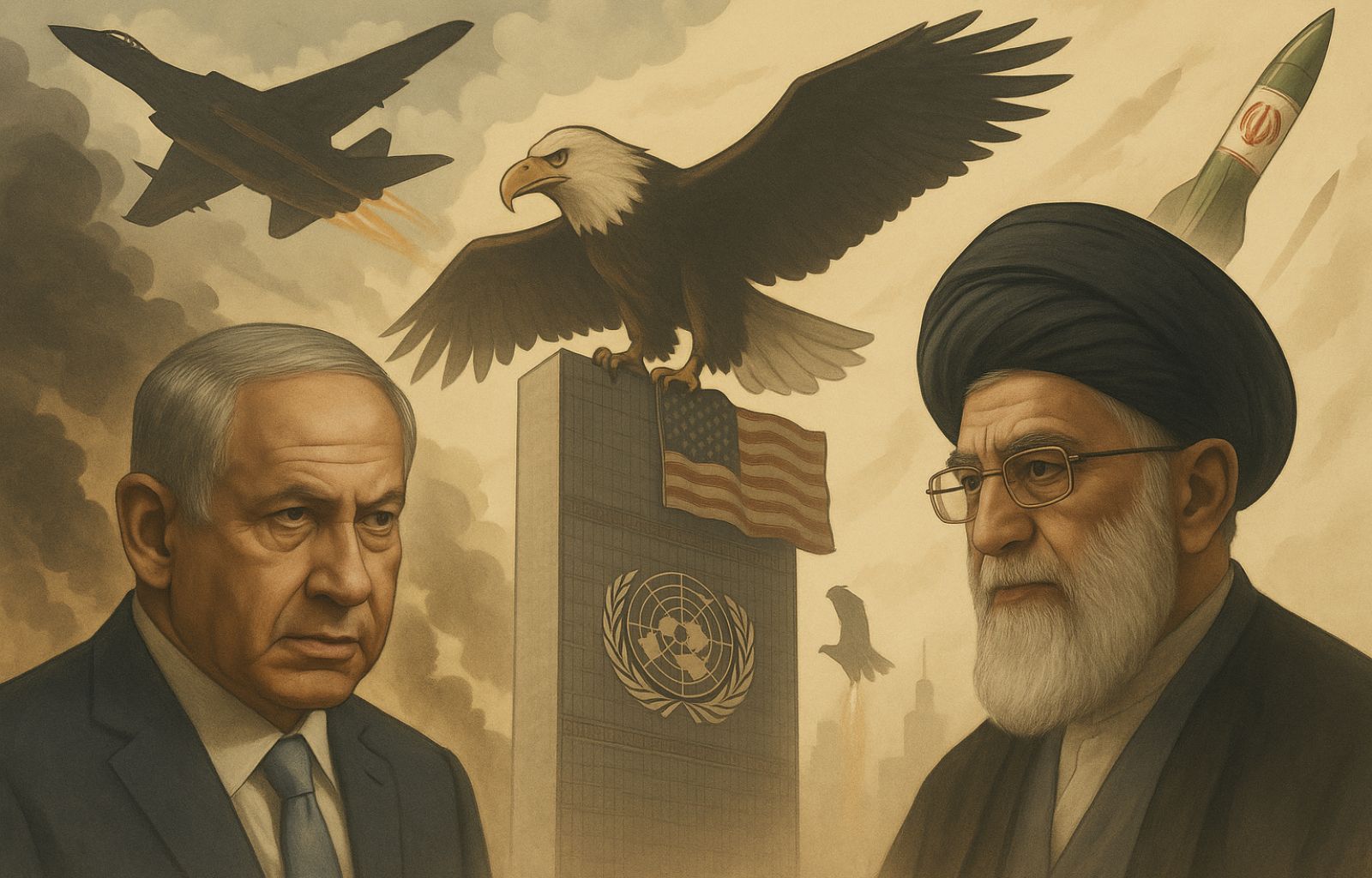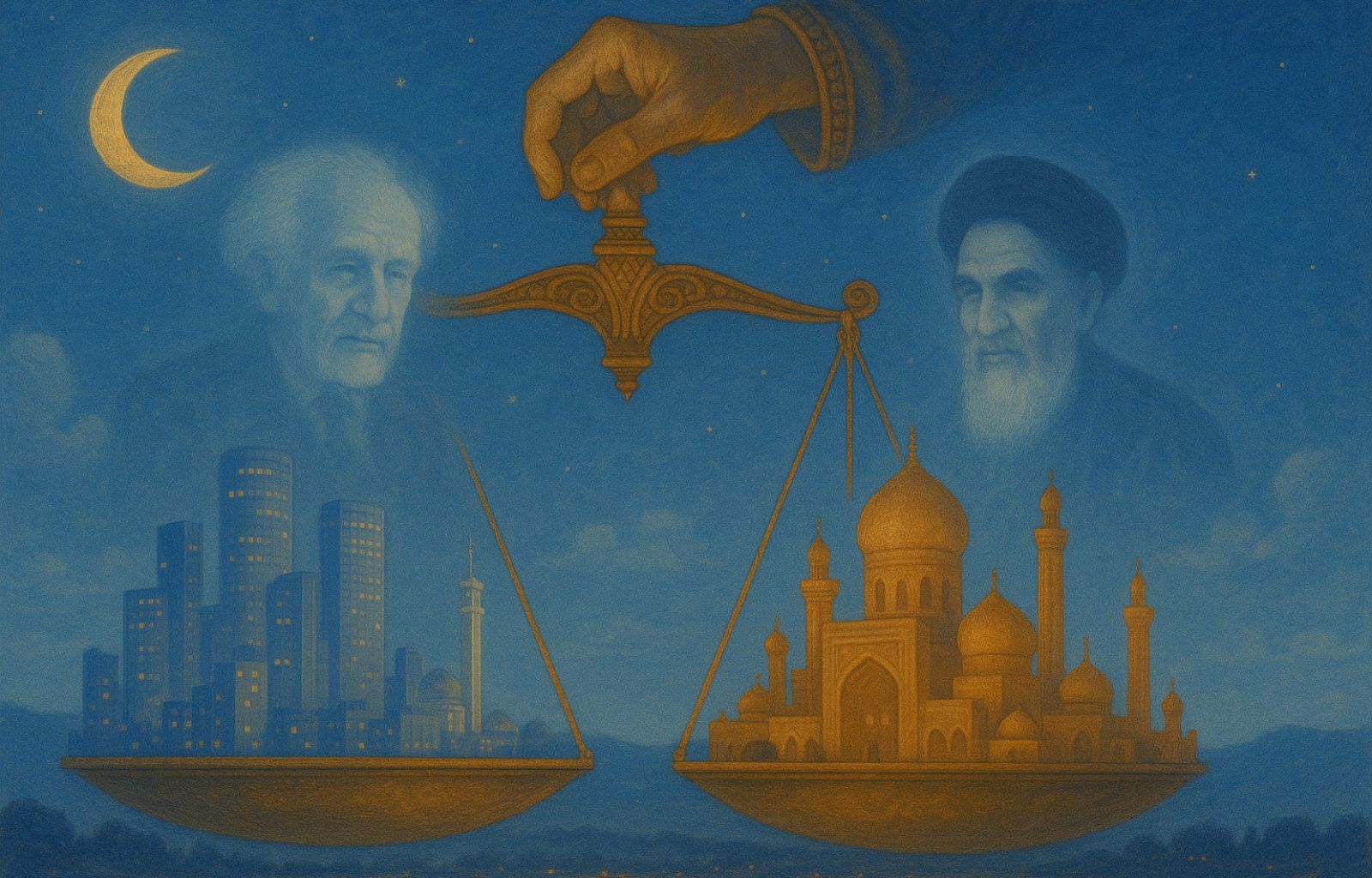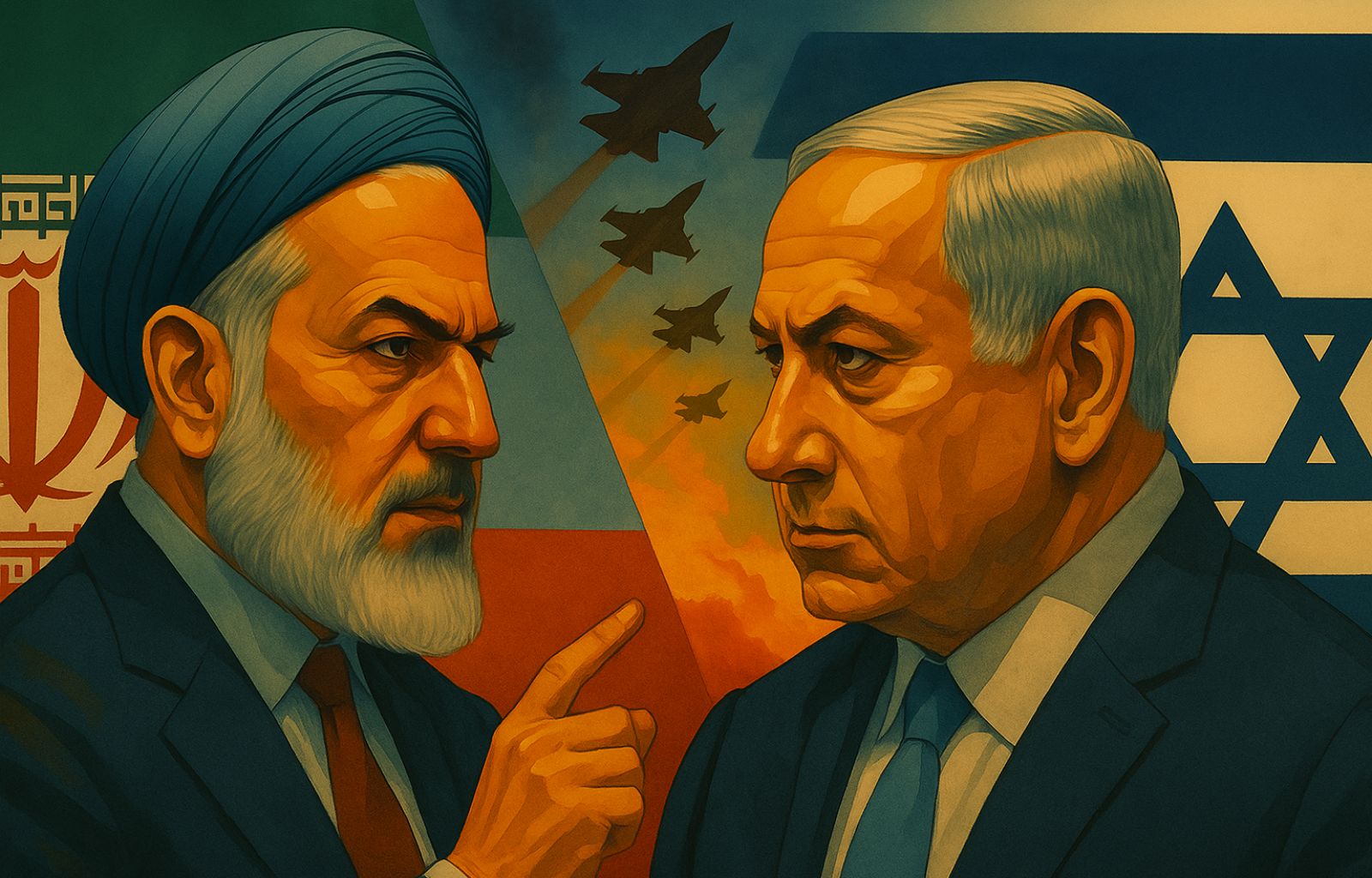Bologna at the centre of Artificial Intelligence in Europe: Italy’s first AI Factory is born
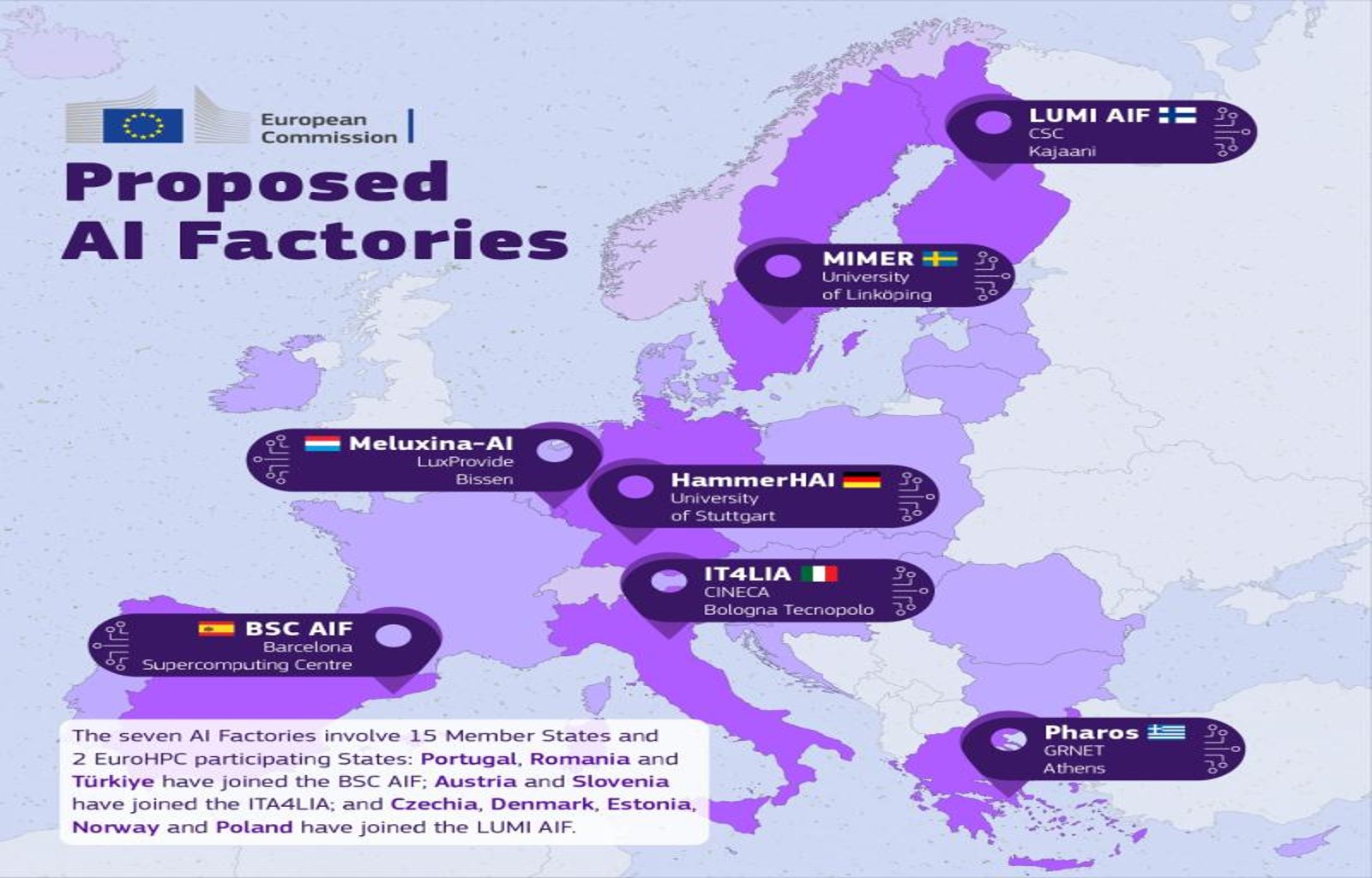
The European Union is launching a major breakthrough with the creation of AI Factories, dynamic ecosystems designed to foster innovation, collaboration and development in the field of Artificial Intelligence (AI). These hubs bring together fundamental resources – computing power, data and expertise – to develop advanced generative AI models. AI Factories represent reference points for strategic sectors such as healthcare, manufacturing, climate and finance.
Top 7 AI Factories in Europe
In December 2024, the European High Performance Computing Joint Undertaking (EuroHPC) selected seven consortia to establish the first AI Factories in Europe, marking a crucial step in building a robust AI ecosystem. These hubs will be located at:
- 🇬🇷 Athens: Pharos
- 🇸🇪 Linköping: MIMER
- 🇩🇪 Stuttgart: HammerHAI
- 🇱🇺 Bissen: Meluxina-AI
- 🇮🇹 Bologna: ITALY
- 🇪🇸 Barcelona: BSC AIF
- 🇫🇮 Kajaani: LUMI AIF
These centres involve 15 EU Member States and 2 states participating in the EuroHPC programme, including Portugal, Romania, Turkey, Austria, Slovenia, Czech Republic, Denmark, Estonia, Norway and Poland. With a total investment of €1.5 billion by the EU and the Member States, the initiative will create new AI-optimised supercomputers and upgrade existing systems, significantly improving Europe’s capabilities in this area. Read more.
Bologna: a model for Europe
Italy takes a central role with the AI Factory at the Tecnopolo di Bologna, which will be the largest in Europe in terms of computing capacity and investment, with a total budget of EUR 430 million. The facility will be operational by 2026 and managed by CINECA, an Italian inter-university consortium set up to optimise academic computing resources. It will integrate quantum computing, accelerating innovation and improving the competitiveness of the Italian industrial system.
The presence of advanced infrastructures, such as the Leonardo supercomputer, strengthens Bologna’s role as a digital and economic crossroads, uniting SMEs, start-ups and research institutes in a shared and highly innovative ecosystem. Read more here.
A collaborative network across Europe
Besides the AI Factory in Bologna, the other European hubs reflect a strong collaboration between states and institutions:
- Spain will host the AIF BSC in Barcelona for advanced AI solutions in various sectors.
- Finland will host the LUMI AIF in Kajaani, one of the most powerful supercomputers in the world.
- Luxembourg will develop the Meluxina-AI in Bissen, optimised for AI computing.
- Sweden and Germany will host MIMER in Linköping and HammerHAI in Stuttgart, respectively, with a focus on manufacturing and innovation.
- Greece will host Pharos in Athens, as a strategic hub for AI development in south-eastern Europe.
Support for start-ups and innovation
In January 2024, the EU launched a package of measures to support start-ups and SMEs in developing reliable AI in line with European values and regulations. Among the main initiatives:
- Access to EuroHPC infrastructure for AI-optimised supercomputers.
- InvestEU, which will provide EUR 100 million for incubation and scale-up activities, attracting additional investment of EUR 1 billion.
- Collaborations with AI Testing and Experimentation Facilities (TEFs) to validate AI technologies and accelerate their commercialisation.
A European ecosystem for excellence
AI Factories are an integral part of the EU’s strategy to create an ecosystem of excellence and trust in the field of Artificial Intelligence. With a total investment of EUR 2.1 billion, Europe aims to:
- Upgrade existing supercomputers and create new ones.
- Developing microprocessors optimised for AI.
- Training new skills in advanced computing.
The AI Factory in Bologna is the symbol of a new European vision, based on collaboration, innovation and shared access to strategic resources.

